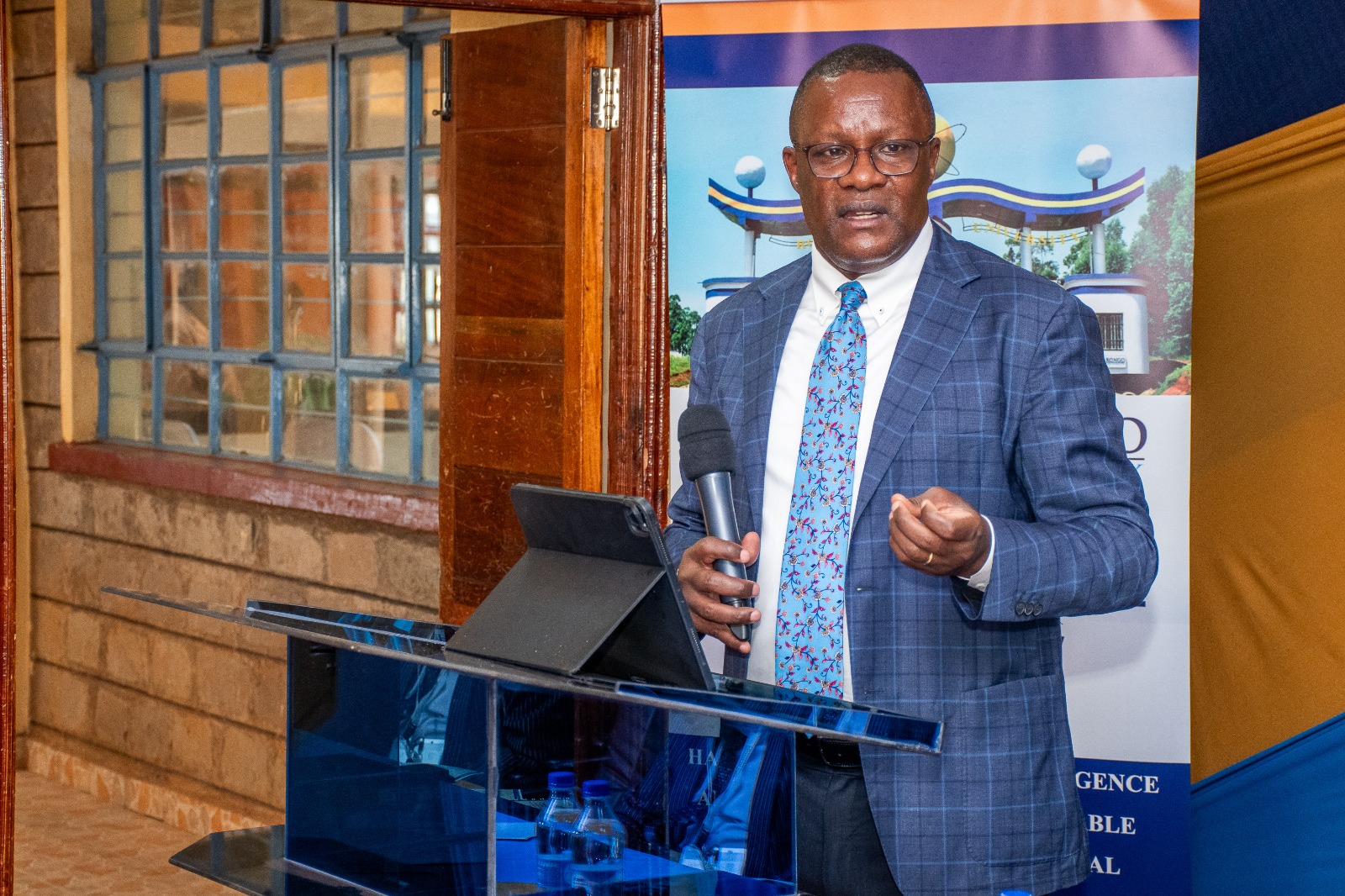
Deputy Chief of Staff,
Performance and Delivery Management in the Executive Office of the President, Eliud Owalo, has urged Kenyan universities to swiftly adopt and shape
artificial intelligence (AI) in order to attain sustainable development and
inclusive growth.
Delivering a speech at the
launch of a two-day international, multidisciplinary conference at Rongo
University in Migori County, Owalo stressed the urgency of crafting an
African-centred AI strategy deep-rooted in ethical principles, inclusivity and
alignment with local needs.
The conference, themed
“Harnessing Artificial Intelligence and Innovation for a Sustainable Future and
Advancing Global Resilience,” attracted scholars, technologists and
policymakers.
“Are we merely training
students to pass exams, or are we equipping them for life? Are we teaching them
to obey instructions, or empowering them to solve real-world problems?” Owalo
asked.
He challenged universities to
go beyond basic digital literacy and take a leading role in developing locally-relevant,
responsible and impactful AI solutions that address the challenges.
He also highlighted how AI and
other emerging technologies can bolster and reshape major sectors in society, highlighting that AI is no longer a futuristic idea but a present-day
reality with transformative potential.
“In agriculture, AI is
advancing precision farming, resolving food insecurity, in education, it
expands access, which enhances adaptive learning and tailors learning
experiences,” he noted.
“In disaster management, it
enhances preparedness, in a participatory manner, through risk mapping and an early
warning system. In healthcare, it enables early diagnosis, personalised
treatment and remote care, while in finance, it accelerates financial inclusion
and broadens access to institutions.”











